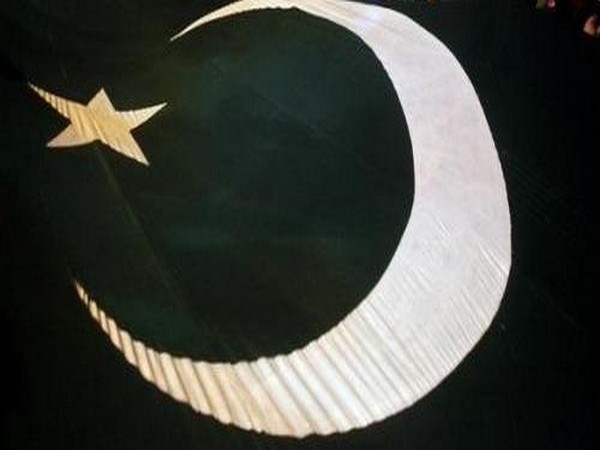

Climate change is a global phenomenon but, its adverse impact on Pakistan’s tourism industry is glaring. With temperatures 9°C above normal, Lahore’s tourism sector – accustomed to foreign visitors until the end of May – has been shell-shocked in recent months.
As per a tour guide Adil Lahorei, his clients from Eastern Europe said that it was time to head north immediately as temperatures hit 40 degrees Celsius in the capital city of Punjab state, reported Al Jazeera.
In May, Pakistan witnessed its hottest April in 61 years. March had been the ninth driest since 1961. The heatwave meant Lahore’s traditional springtime had already begun betraying elements of peak summer, reported Al Jazeera.
While rising temperatures have pushed visitors out of Lahore, they are being increasingly lured to the north not only owing to the cool weather but also because glaciers melting early in the season mean tourist attractions opening faster than usual. When passes such as Babusar, Deosai, and Khunjerab become passable, countless lakes, parks, and other scenic sites are accessible to tourists.
“It used to be unheard of for Khunjerab Pass to be open this time of the year. But due to global warming, the tourist season for the northern areas is starting sooner. Meanwhile, I only have a single tourist query for Lahore for the summer,” Adil said.
Lahore, Pakistan’s second-largest city has been a cultural hub for centuries, with architectural heritage, however, the decades-old quest of global travelers to explore Lahore’s rich history has been hit by one crisis after another.
The global tourism industry was jolted by the coronavirus pandemic, meanwhile, the climate became another wake-up call for Lahore. “Tourism had begun growing in Pakistan and especially in Lahore at the end of the last decade. But then COVID-19 struck,” Adil said.
Moreover, tourism took a hit when Lahore becomes the world’s most polluted city in November and December.
“In case anyone wants to look at harmful impacts of climate change and environmental degradation, Lahore is an excellent example,” said Tauqeer Qureshi, former director of Punjab’s Environmental Protection Department.
Qureshi told Al Jazeera that the failure to implement environmental regulations and a lack of political will continue to exacerbate Pakistan’s environmental troubles and, in turn, its struggles with tourism.
Environmentalist Saima Baig said Lahore’s plight cannot be corrected as industrial emissions, the burning of crop residue, brick kilns, and general waste continue to go unchecked.
Tourism development expert Ashfaq Khan said when he was studying the sector in Europe four decades ago, it was taught that weather is the primary factor.